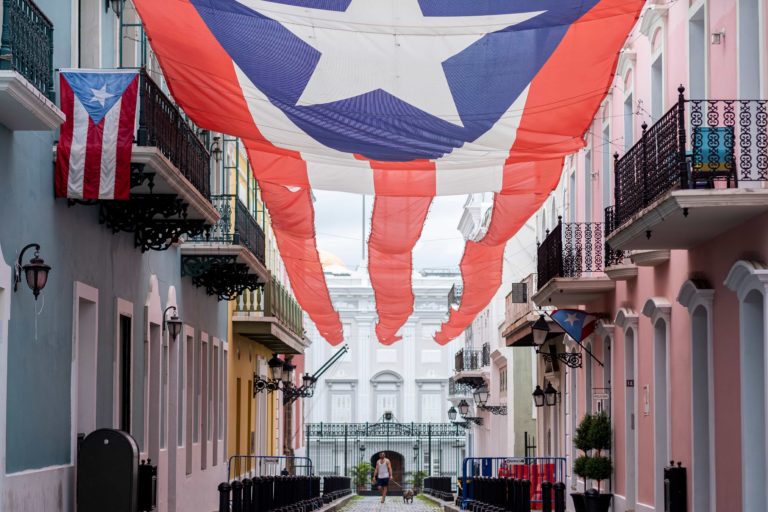On 23 June, the Senate president restricted photojournalists' entry to Congress, extending the order to reporters the following day.
(IAPA/IFEX) – Miami, June 29, 2010 – The Inter American Press Association (IAPA) today condemned the Puerto Rican Senate’s censorship of the work of reporters and news photographers which limits access and the people’s right to state information.
On June 23, Puerto Rico Senate President Thomas Rivera Schatz restricted photojournalists’ entry to congress where legislators are debating major bills. The following day the order was extended to reporters. Rivera Schatz took the action, he declared, to protect the senators’ “image.”
IAPA President Alejandro Aguirre, editor of the Miami, Florida, Spanish-language newspaper Diario Las Américas, blasted the imposition of censorship on the press and expressed surprise that, “it is congress itself that is violating rules on unrestricted access by the press to public proceedings” guaranteed under Puerto Rico’s Constitutional Charter of Rights and under the First Amendment of the Constitution of the United States, which applies in Puerto Rico. “We trust that the lawmakers will lift the restriction,” he added.
Robert Rivard, chairman of the IAPA’s Committee on Freedom of the Press and Information and editor of the San Antonio Express-News, Texas, added that the IAPA’s position is based on the Declaration of Chapultepec, a 10-point document of principles that should be observed in a democratic society and which declares that the exercise of freedom of the press and of expression “is not something authorities grant, it is an inalienable right of the people . . . the authorities must be compelled by law to make available . . . the information generated by the public sector . . . [and] . . . prior censorship, . . . the imposition of obstacles to the free flow of news, and restrictions on the activities and movements of journalists directly contradict freedom of the press.”
Puerto Rico’s leading news media, along with journalist, press and civil rights organizations, consider the action by the Senate president to be an attack on freedom of the press and against the people’s right to know what is happening in government. In a joint statement they demanded that the order be rescinded.

